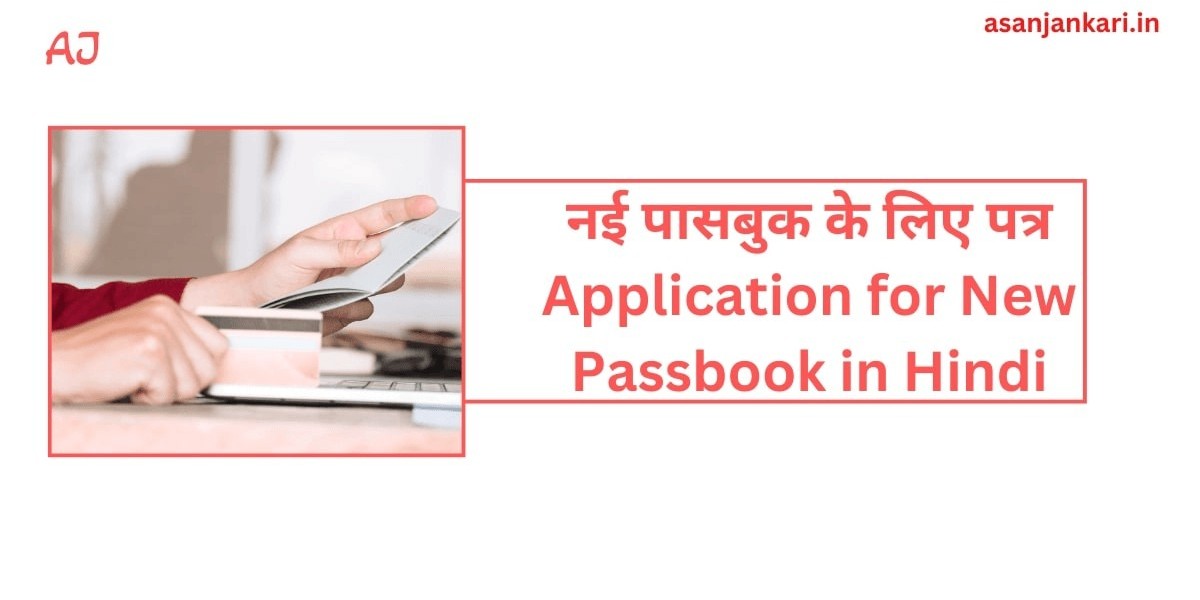Mobile app security holds utmost importance in today's digital era, with the growing reliance on mobile applications, safeguarding user data and averting unauthorized access is imperative. This article offers an overview of the best practices in mobile app security to safeguard user information and uphold user trust. A mobile app development company can bolster their mobile app security and mitigate potential vulnerabilities by implementing these practices.
The Necessity of Mobile App Security
Mobile applications harbor various security risks and vulnerabilities. Below are the key reasons why companies must prioritize mobile app security:
Protection of Sensitive Data
Mobile apps frequently manage sensitive user information like personal data, financial particulars, and login credentials. Unauthorized access to this data can lead to severe consequences, such as financial losses, legal liabilities, and loss of user trust. App development companies can secure sensitive data and mitigate risks by focusing on mobile app security.
Mitigation of Financial Loss
Security breaches in mobile apps can result in financial losses, including costs for incident response, legal fees, compensation to affected users, and potential loss of business opportunities. Investing in robust security measures helps reduce the financial impact of security incidents and lowers the likelihood of such incidents occurring.
Preservation of Brand Reputation
A security breach or data leakage in a mobile app can significantly tarnish a company's brand reputation. Users expect their data to be handled securely, and any perceived negligence or compromise in security measures can erode trust. Prioritizing mobile app security demonstrates a company's commitment to protecting user information and upholds a positive brand image.
Compliance with Regulations
Numerous regulations and data protection laws govern the collection, storage, and processing of user data. Non-compliance with these regulations can lead to severe penalties and legal consequences. Application development companies can ensure adherence to relevant regulations by focusing on mobile app security, thereby avoiding legal issues and potential financial penalties.
Best Practices for Mobile App Security
To enhance the security of mobile applications and protect user data, a mobile development company should adopt the following best practices:
1. Secure Code Development
Developers should emphasize secure coding practices from the outset. This includes regular code reviews, adherence to secure coding guidelines, and the use of secure development frameworks. Proper input validation, data encryption, and secure authentication mechanisms should be implemented to mitigate common vulnerabilities like injection attacks, data leaks, and unauthorized access.
2. App Data Storage
For Android, encrypting data on external storage and using internal storage for sensitive data are essential practices. Encryption ensures the protection of sensitive information even if the device is compromised. Android's MODE_PRIVATE mode provides a secure internal storage directory that prevents unauthorized access to sensitive files.
For iOS, data storage in memory is preferred, but if local storage is necessary, utilizing keychains is recommended. Keychains are managed by the operating system and inaccessible to other applications.
3. Secure Network Communication
All network communication should occur over secure channels to prevent eavesdropping and data tampering. Utilize secure protocols such as Transport Layer Security (TLS) and employ certificate pinning to ensure the integrity of server certificates, guarding against man-in-the-middle attacks.
4. User Authentication and Authorization
Implement robust authentication mechanisms, strong password policies, multi-factor authentication (MFA), and biometric authentication methods when applicable. Employ proper authorization controls to restrict access to sensitive functionalities and data, ensuring users have access only to necessary resources.
5. Protected Backend Integration
When integrating with backend services, ensure secure API design and implementation. Validate and sanitize inputs, use authentication and authorization mechanisms, and implement rate limiting and access controls to prevent abuse or unauthorized API access.
6. Employing HTTPS
Ensure communication between the app and servers is conducted over an HTTPS connection. This protocol encrypts requests and responses, providing enhanced security compared to HTTP.
7. Regular Updates and Patching
Keep the mobile app up-to-date with the latest security patches and bug fixes. Stay informed about security vulnerabilities in third-party libraries or frameworks used in the app and apply relevant updates promptly. Regularly review and update security controls to address emerging threats.
8. Secure Development Lifecycle
Manage user sessions securely, employing techniques like session timeouts and re-authentication for sensitive actions. Consider implementing app-level security features such as data encryption, remote wipe capabilities, or device-level biometric authentication to bolster overall security.
Conclusion
Implementing robust mobile app security practices is imperative for safeguarding user data, preserving user trust, and defending against evolving security threats. By adhering to secure coding practices, implementing strong encryption, ensuring secure network communication, and regularly updating the app, app development companies can bolster the security of their mobile applications and provide a secure user experience.
Looking for the right mobile app development services to start your project? Look no further. Contact our experts to discuss your project needs.








